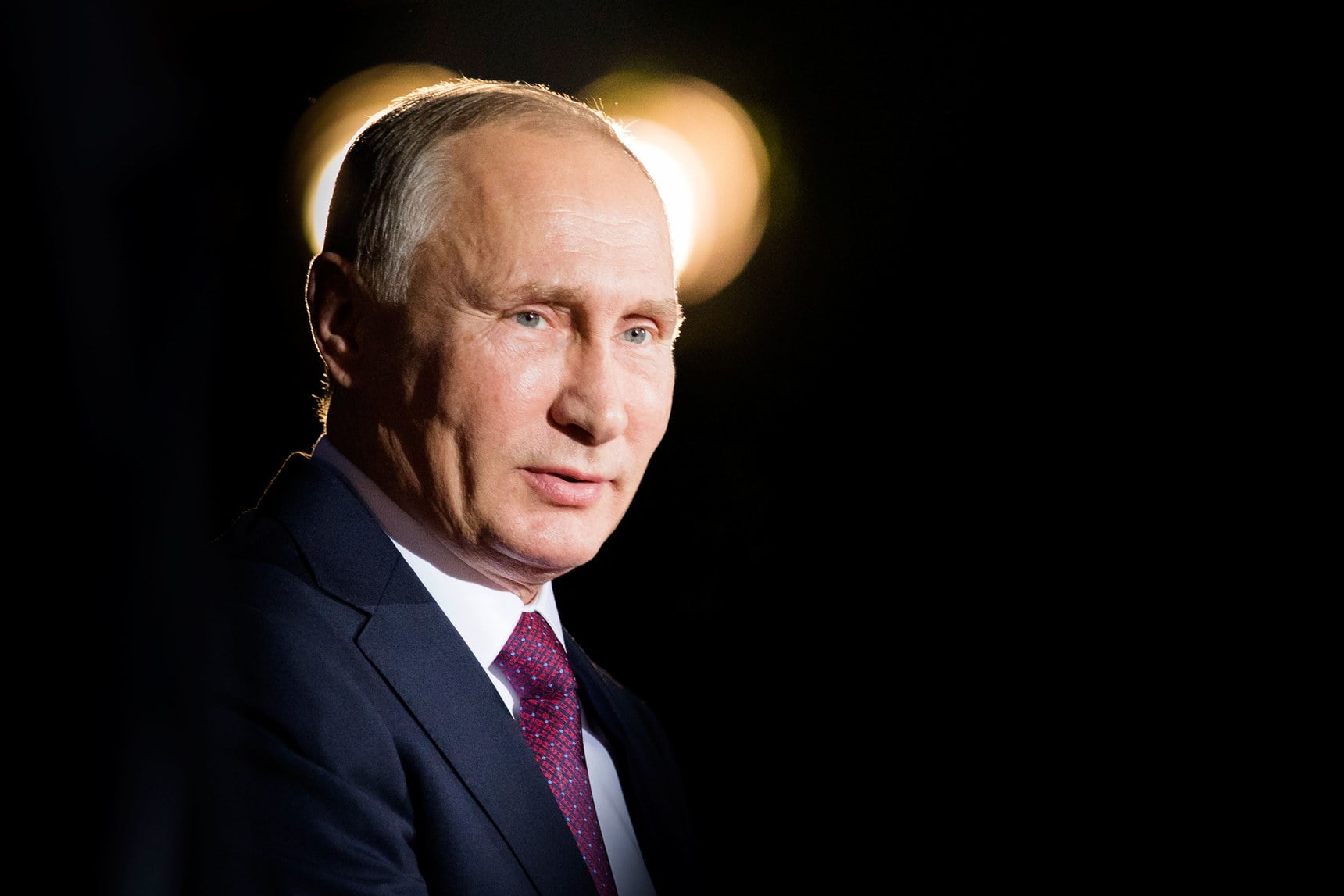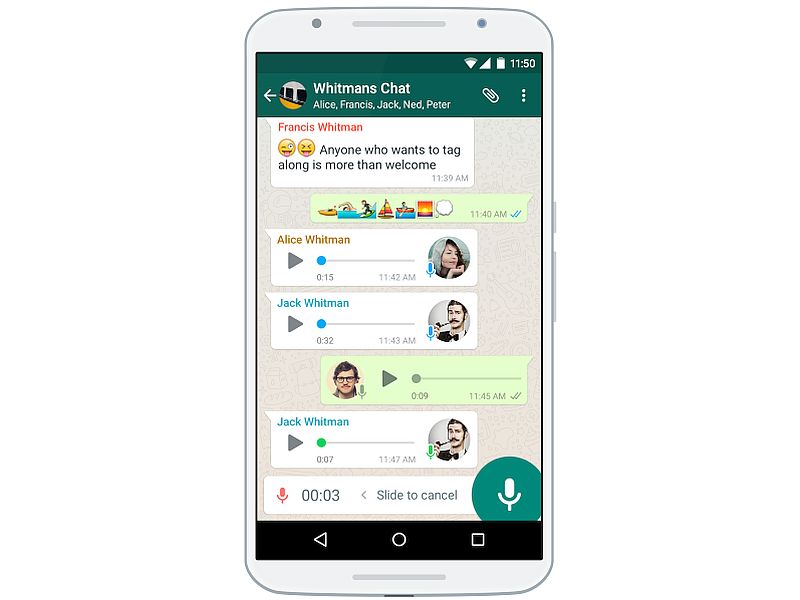

NOT SO LONG ago, the internet represented a force for subversion, and WIRED’s list of the most dangerous people on the internet mostly consisted of rebellious individuals using the online world’s disruptive potential to take on the world’s power structures. But as the internet has entered every facet of our lives, and governments and political figures have learned to exploit it, the most dangerous people on the internet today often are the most powerful people.
A Russian dictator has evolved his tactics from suppressing internet dissent to using online media for strategic leaks and disinformation. A media mogul who rose to prominence on a wave of hateful bile now sits at the right hand of the president. And a man who a year ago was a reality television star and Twitter troll is now the leader of the free world.
Vladimir Putin
Since experts pinned the Democratic National Committee breach in July on two teams of hackers with Russian-state ties, the cybersecurity and US intelligence community’s consensus has only grown: Russia is using the internet to screw with America’s electoral politics. The Russian hack of the Democratic National Committee and the Democratic Congressional Campaign Committee, followed by the leak of those groups’ private communications, injected chaos and distraction into the Democratic party at a crucial moment in the electoral season, and may have even helped tip the scales for Trump.
Even before those Russian hackers’ handiwork came to light, Putin’s government was already hard at work poisoning political discourse online. Its armies of paid trolls have been busy injecting false stories into online discussion forums, attacking the Kremlin’s critics on Twitter and in the comments of news sites. Taken together, that hacking and trolling makes Putin’s government one of the world’s most malevolent forces for disinformation and disruption online. And if anything, recent events have only emboldened them.
Donald Trump
When WIRED compiled its list of the internet’s most dangerous people in 2015, we called Trump a “demagogue, more interested in inciting backward fears and playing to Americans’ worst prejudices than addressing global problems.” None of that has changed. Trump still hasn’t officially renounced his promises of a ban on Muslim immigration or apologized for calling Mexican immigrants rapists. Now, he’s weeks away from becoming President of the United States.
As President-elect, Trump has continued to act as the world’s most powerful internet troll, telling his 17.6 million Twitter followers that anyone who burns the American flag should be unconstitutionally imprisoned and have their citizenship revoked, and arguing, with no evidence, that millions of fraudulent votes were cast in an election that he won. Trump’s Twitter account telegraphs his apparent disregard for the Constitution, spreads disinformation on a massive scale, and has baselessly called America’s electoral process into question.
Steve Bannon
Before Steve Bannon joined Donald Trump’s campaign as CEO, he was already in Trump’s corner as the publisher of the righter-than-right wing news site Breitbart.com. During his tenure running that site, Breitbart published the racist, anti-semitic and overtly misogynist content that made it the paper of record for the bigoted new political fringe known as the alt-right. Now, as the chief strategist for Trump’s transition team coming presidency, he stands to bring that fascist agitprop perspective into the White House itself.
James Comey
In the weeks before November’s election, FBI Director James Comey cemented his already controversial reputation by revealing that his agents would continue the investigation into Hillary Clinton’s private email server, after previously setting it aside in July. He did not explain anything about what a newly found trove of emails entailed, or why they might be significant (they weren’t). That half-clue was all the Trump campaign and its surrogates needed to start a wildfire of speculation, and even to claim that Clinton would be imminently indicted (she wasn’t).
But even before Comey’s unwarranted insertion of the FBI into the most sensitive political moment of a tense election, the FBI head had led the federal government’s war on encryption to a dangerous standoff: demanding that Apple write code to help the bureau crack its own device, the locked iPhone 5c of San Bernadino killer Rizwan Farook. That six-week battle, which finally ended in the FBI finding its own method of breaking into the phone, showed Comey’s willingness to compromise Americans’ cybersecurity and privacy in the interests of surveillance, and put a lasting strain on Silicon Valley’s relationship with the FBI.
ISIS
The pseudo-religious apocalyptic cult known as the Islamic State may be losing money, resources, and ground on its home turf in Iraq and Syria. But its tendrils still extend throughout the web and social media. The group showed in 2016 that it can still reach lone, disaffected, and even mentally ill people to inspire tragic acts of violence. Even as its direct power crumbles, ISIS’s propaganda this year contributed to horrific massacres from the Bastille Day truck attack in Nice to the Pulse night club shootings in Orlando. And unlike the rest of the individuals on this list, ISIS’ danger comes from what social media extremism expert Humera Khan calls “the ISIS Borg collective.” The deaths of dozens of top ISIS commanders in 2016, in other words, hasn’t dulled the group’s message.
Milo Yiannopoulos
The Breitbart columnist Milo Yiannpoulos in 2016 illustrated everything that’s wrong with Twitter. Not simply his role as an “alt-right troll”—a polite term for a race-baiting, misogynistic, immoral fame-monger. Yiannopoulos graduated from awful ideas to actual targeted abuse, gleefully turning his hordes of followers on targets like actress and comedian Leslie Jones, who thanks to Yiannopolous was drowned in so much nakedly racist, sexist abuse that she temporarily quit the site. Twitter eventually banned him, a decision Yiannopolous lauded as only increasing his fame. And there are plenty more people who still espouse his ideas on the platform. But it will at least keep his vile statements confined to the darker corners of the internet, where they belong.
Recep Tayyip Erdoğan
For a brief moment this summer, the world feared that a military coup would topple Turkey’s elected president Recep Tayyip Erdoğan. Then it watched in horror as Erdoğan used that failed coup to justify a internet and media crackdown rarely, if ever, seen in modern democracies. More than a hundred Turkish journalists have since been jailed, and access has been intermittently throttled or cut to Twitter, Facebook, YouTube, and WhatsApp. In response to protests that have since embroiled the country, Erdoğan’s regime has at times cut off internet access entirely to millions of Turks, denying them both the means to assemble and spread dissident information, as well as basic services.
Julian Assange
Julian Assange proved in 2016 that even from the two-room de facto prison of London’s Ecuadorean embassy, it’s possible to upend the powers-that-be. In WikiLeaks’ most influential and controversial moves since it first rose to national attention in 2010, Assange masterminded the leaks of emails from the Democratic National Committee and the email account of Hillary Clinton campaign staffer John Podesta. Never mind that those leaks appeared to come not from internal whistleblowers but from external hackers, believed by US intelligence agencies to be on Russia’s payroll. Assange has denied that his source is Russian. But it’s a curious claim: WikiLeaks is designed to guarantee sources’ anonymity, so that even he can’t identify them. He also promises those sources he’ll “maximize the impact” of their leaks. And in this election, he kept his promise.
[sOURCE:-Wired]





